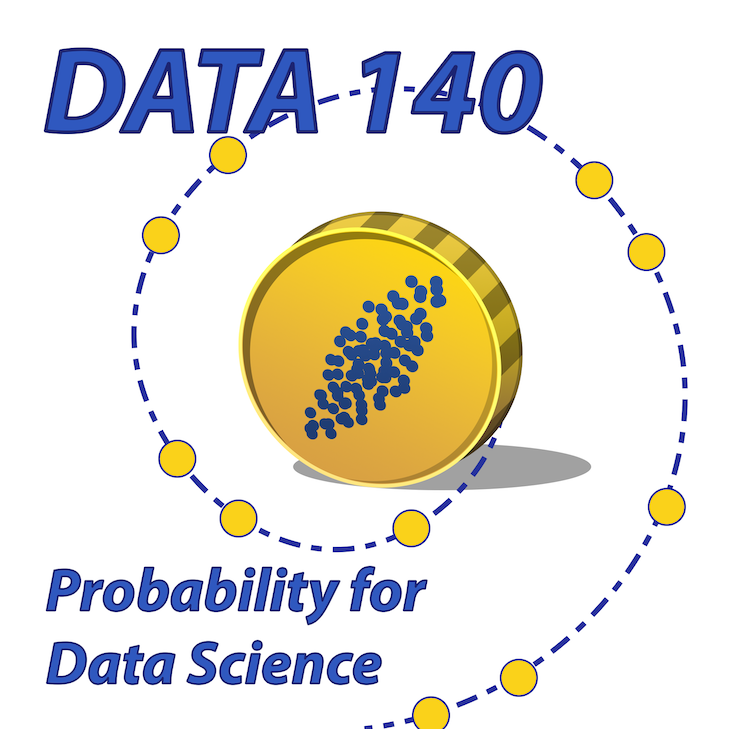16. Transformations#
Let
The method is only valid for “well behaved” functions
We will start by studying properties of the exponential distribution which was introduced in the previous chapter. We will recognize that all exponential random variables are linear transformations of one of them. This observation will lead us to a general formula for the density of a function of a random variable.

